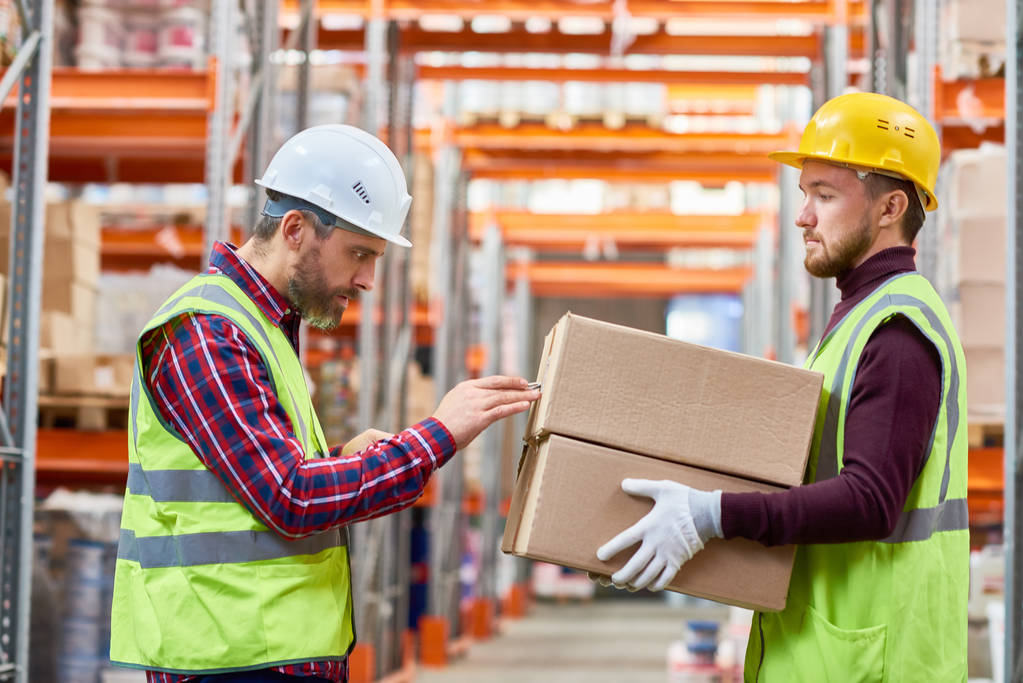When it comes to importing goods into Australia, navigating the customs clearance process can be a critical aspect of ensuring the smooth delivery of parcels. As a EES Shipping customs brokerscustoms broker in Perth, understanding the timelines and procedures involved in customs clearance is essential to efficiently facilitate the movement of goods. In this article, we will explore the factors that affect customs clearance times in Australia and provide valuable insights into how long the process typically takes.
Key Takeaways:
- Complexity of the goods, documentation accuracy, customs workload, and regulatory compliance are factors that influence customs clearance times in Australia.
- On average, customs clearance for parcels takes approximately 1 to 3 business days for air freight and 3 to 5 business days for sea freight.
- Importers can expedite customs clearance through options such as priority customs clearance and the Trusted Trader Program.
- It is recommended to work with a customs broker in Perth for professional assistance in maximising efficiency and ensuring timely customs clearance.

Factors Influencing Customs Clearance Times
Understanding these factors can help importers and customs brokers effectively manage expectations and plan accordingly. The key factors include:
- Complexity of the Goods: Different types of goods have varying clearance requirements. Products such as perishable items, controlled substances, or restricted goods may require additional scrutiny and documentation, which can impact clearance times.
- Documentation Accuracy: Accurate and complete documentation is crucial for smooth customs clearance. Any discrepancies or missing information can lead to delays, as customs officials may require further clarification or verification.
- Customs Workload: The volume of incoming parcels and the workload of customs officers can affect clearance times. During peak periods or when there is a high volume of imports, it may take longer to process and clear parcels.
- Regulatory Compliance: Compliance with customs regulations is paramount. If goods do not meet the necessary import requirements or violate any regulations, additional inspections or assessments may be necessary, leading to delays in clearance.
Standard Clearance Timeframes
While the exact time taken for customs clearance can vary depending on the factors mentioned above, it is helpful to have a general understanding of the standard clearance timeframes in Australia. On average, customs clearance for parcels typically takes:
- Air Freight: Approximately 1 to 3 business days.
- Sea Freight: Approximately 3 to 5 business days.
It is important to note that these are general estimates, and actual clearance times may deviate depending on the factors specific to each shipment.
Expedited Clearance Options
For importers who require faster customs clearance for their parcels, there are options available to expedite the process:
- Priority Customs Clearance: Certain goods can be prioritised for clearance, especially if they are time-sensitive or require urgent attention. Working with a customs broker in Perth can help facilitate priority clearance when necessary.
- Trusted Trader Program: The Trusted Trader Program, offered by the Australian Border Force, provides benefits to importers who demonstrate a strong compliance record. These benefits may include expedited clearance and reduced inspections, click here to learn more.
Frequently Asked Questions
Can I speed up customs clearance on my own?
While importers can play an active role in ensuring timely customs clearance by providing accurate and complete documentation, it is recommended to work with a customs broker in Perth for professional assistance and to maximise efficiency.
How can a customs broker help with customs clearance?
Customs brokers are experts in navigating customs regulations and procedures. They can assist with document preparation, classification of goods, compliance checks, and liaising with customs officials, ultimately streamlining the clearance process.
Conclusion
Clearing parcels through Australian customs is a crucial step in the importation process, and understanding the timelines involved can help importers and customs brokers better plan and manage expectations. By collaborating with professionals and leveraging expedited clearance options when needed, importers can minimise delays and ensure the timely delivery of their parcels.